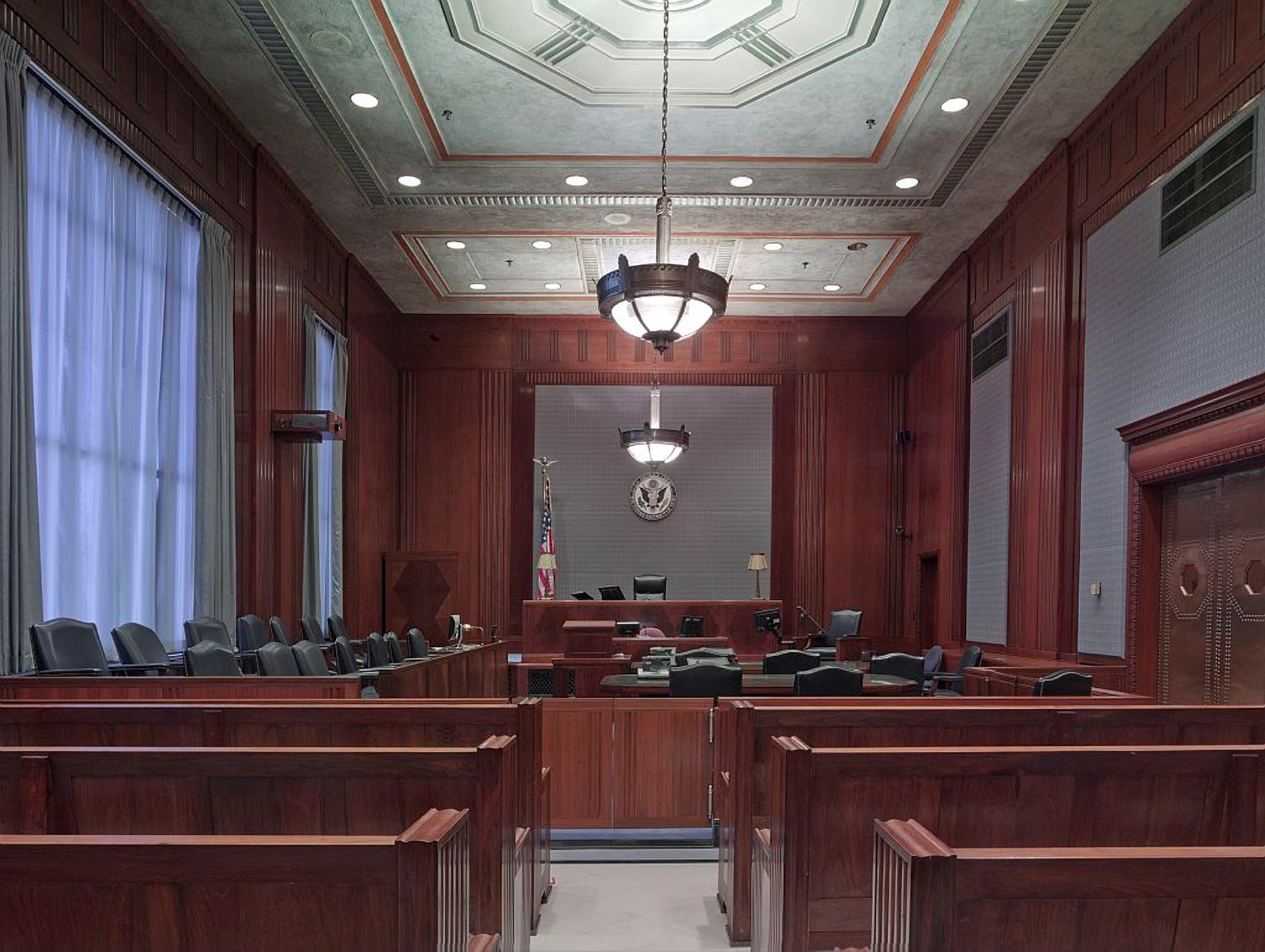
After a trust beneficiary petitioned for over $1 million in trust distributions in Barbey v. Pnc Bank, N.A. (D2d6 Oct. 10, 2023) No. B325472 (nonpub. opn.), the trustees contested the petition and requested an evidentiary hearing. The probate court refused to hold an evidentiary hearing. Yes, I know “to some persons a million sounds like a lot, “the probate court reasoned, but there’s a lot of money and litigation here so the $1 million was awarded without an evidentiary hearing.
Wrong. "It has long been the rule that in probate matters 'affidavits may not be used in evidence unless permitted by statute. . . .'" (Estate of Bennett (2008) 163 Cal.App.4th 1303, 1308-1309.) "[A]ffidavits and verified petitions may not be considered as evidence at a contested probate hearing. . . .'” Here, the distribution petition was contested. Therefore, "the probate court should have granted the request for an evidentiary hearing . . . ." (Estate of Lensch (2009) 177 Cal.App.4th 667, 677.)
The interesting question is whether the denial of an evidentiary hearing is structural error requiring automatic reversal, without a showing that the error resulted in prejudice. After all, without a chance to put on evidence, how can a challenger prove the matter on which the court prevented proof?
Too bad the court reversed on a different ground, so it did not reach the question of structural error. So we don’t know if the denial of an evidentiary hearing was reversible error.
But the court directed the probate court to hold one just the same.
Tim Kowal is an appellate specialist certified by the California State Bar Board of Legal Specialization. Tim helps trial attorneys and clients win their cases and avoid error on appeal. He co-hosts the Cal. Appellate Law Podcast at www.CALPodcast.com, and publishes summaries of cases and appellate tips for trial attorneys. If you need help with a trial or appeal or have an interesting legal question, contact Tim at Tim@KowalLawGroup.com or (949) 676-9989.
Get “Not To Be Published,” a weekly digest of these articles, delivered to your inbox by subscribing here: http://eepurl.com/hcceAv